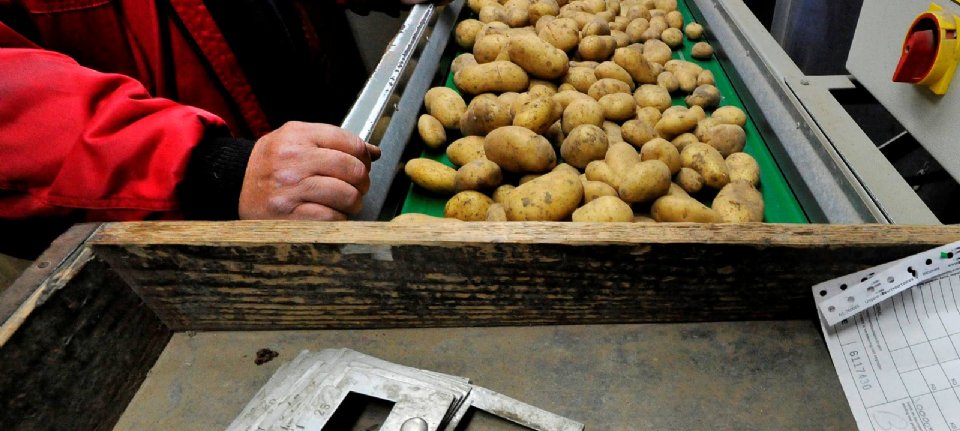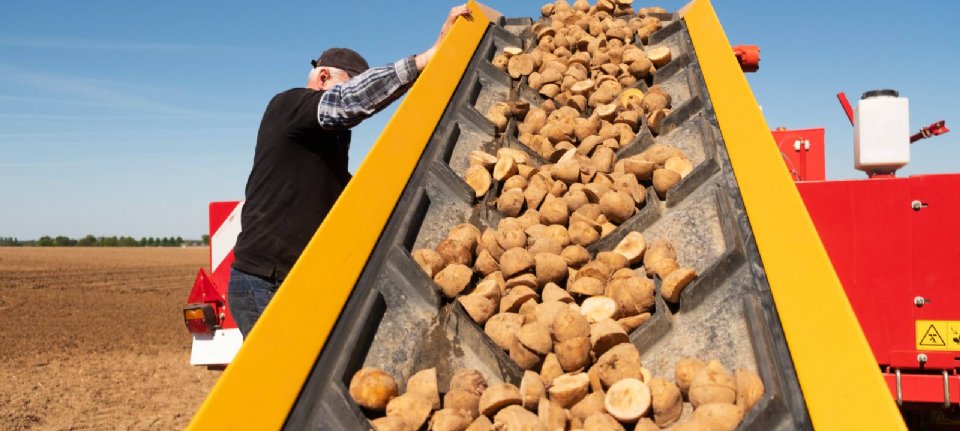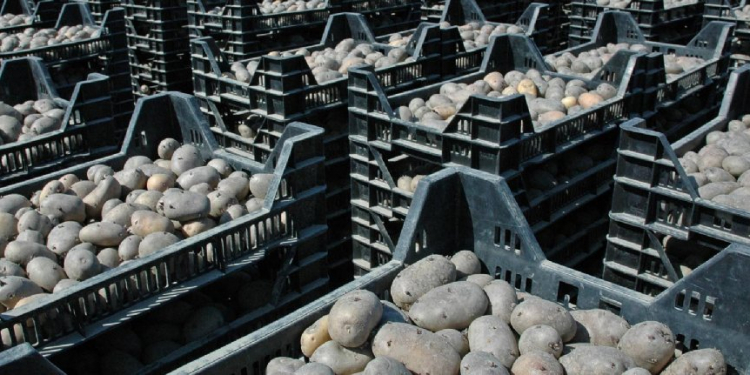The seed potato chain, represented by LTO Nederland, Plantum NL and the Dutch Potato Organization (NAO), is very concerned about tackling fraud involving seed potatoes with forged NAK certificates. The three organizations have expressed these concerns to the Ministry of Agriculture, Nature and Food Quality (LNV).

The ruling of the Trade and Industry Appeals Tribunal (CBb) in April is one of the reasons for the Ministry of Agriculture, Nature and Food Quality to review the enforcement instruments under the Seeds and Planting Materials Act. In that judgment, the judge ruled that in the case in question – it concerned uninspected loads of propagating material that had been marketed – the NAK could not have used its power to suspend the inspection of propagating material for a maximum of three years.
The business community is concerned about the adequacy of enforcement instruments in the plant sector. After all, trust in the system of inspection and certification is the basis for a flourishing seed potato sector, says the seed potato chain.
Large value
The seed potato sector is of great value nationally and internationally for a healthy start to potato cultivation and thus makes an important contribution to sufficient and healthy food in the world, according to the chain parties. The NAK certificate plays a crucial role in this and must be elevated above any discussion in the interest of the entire chain. Fraud with certificates, as the above case has also made clear, is therefore unacceptable, according to the three organizations.• Read also: Grower and trader involved in seed potato fraud
The existing enforcement instruments of inspection services are based on the Seed and Planting Materials Act 2005 and the Agricultural Quality Act. This set of instruments is being evaluated. The aim is to start this year. The Ministry of Agriculture, Nature and Food Quality is taking the lead in this. The results are expected to be available in 2022.
Own responsibility
In the meantime, the Ministry of LNV, the Netherlands Food and Consumer Product Safety Authority (NVWA) and the NAK are looking for solutions within the existing regulations to tackle fraud. The ministry has also asked the NVWA to investigate whether it is possible to pay extra attention to the certification of seed potatoes in its enforcement policy. The parties in the chain state that proper compliance with the regulations is primarily a responsibility of the sector itself.

‘One bad apple can disfigure – seed potato chain an otherwise beautiful fruit bowl,’ said LTO director Adrie Bossers in response to the fraud involving forged NAK certificates. ‘In a potato sector that does its very best to comply with regulations and to deliver quality, it is disappointing that there are still fraudsters who opt for quick profit and do not take the public interest into account.’
Bossers expressed the incomprehension and surprise after it became clear in the spring that at least 250 tons of illegal seed potatoes had ended up in the trade circuit. The victims of the malpractice were mainly Belgian growers who thought they were buying certified source material of the Fontane variety. The seed potatoes turned out to come from a large West Brabant seed potato company and the delivery went through a trader in Zeeland.
The use of the forged certificates came to light thanks to research by Breeders Trust, the organization that represents plant breeders’ rights cases for a large number of potato trading houses, in collaboration with inspection service NAK. As a sanction for the fraud, the NAK determined that the cultivation company may not grow seed potatoes for three years.
The illegal seed potatoes that had already been planted in Belgium were immediately harvested and destroyed by order of the food safety authority FASFC because of the phytosanitary risk. In the Netherlands, the Dutch Food and Consumer Product Safety Authority (NVWA) was satisfied with the control of the growth of the two potato plots on which the seed potatoes in question had been used as starting material.








